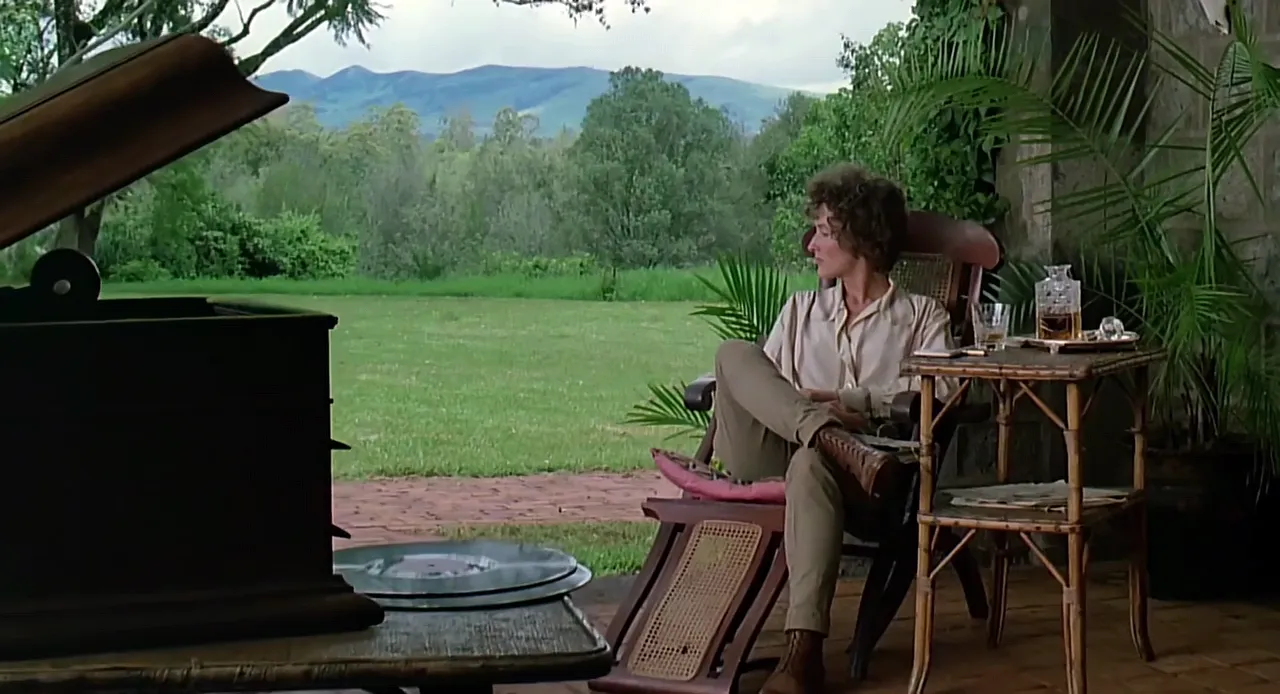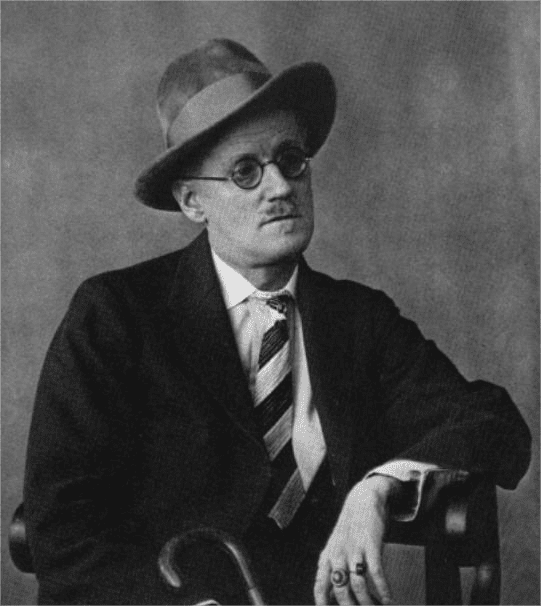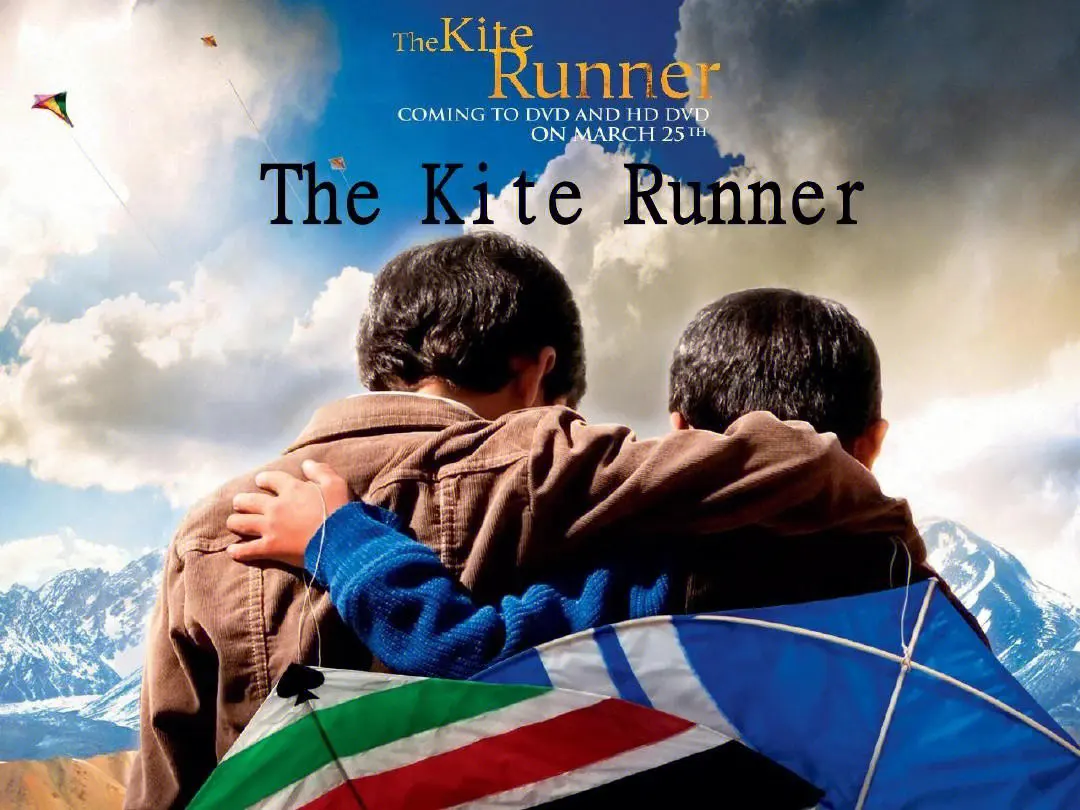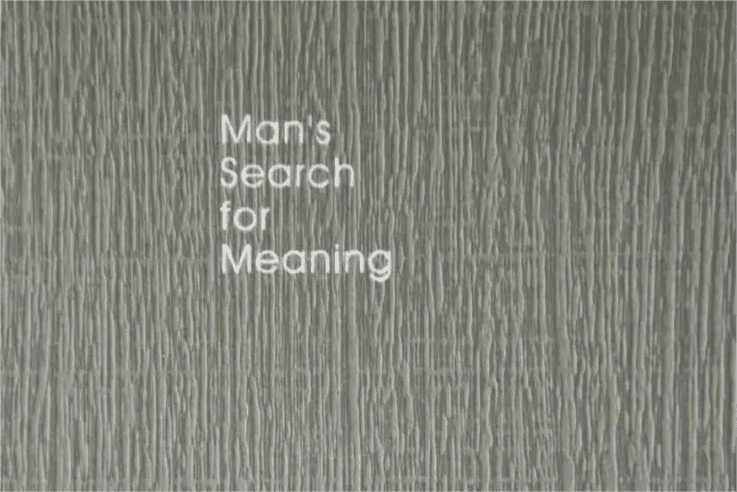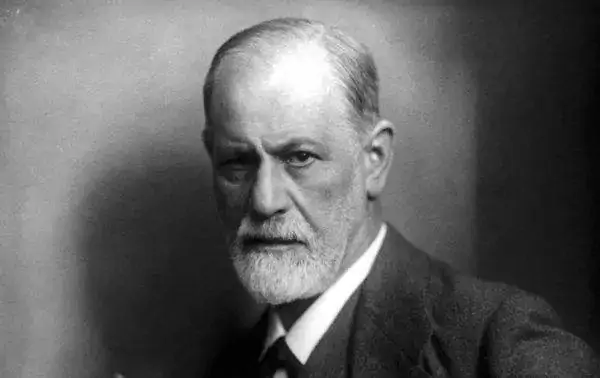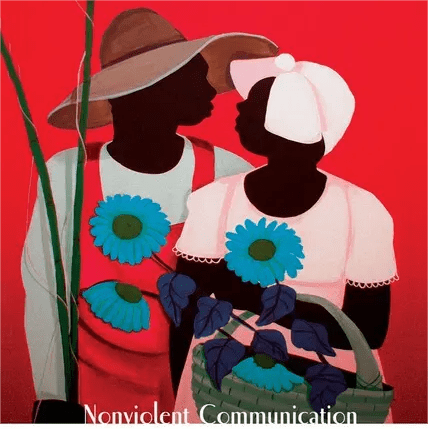Africa, for us, is a romantic place, it is an ancient and magical continent. Most of what we remember about Africa is the desert, the grasslands, the lions, the elephants, and of course the indigenous black people, but also the history of the European invasion and plunder of the continent.
Indeed, this beautiful and rich expanse once aroused many people’s longing and yearning for it. People traveled thousands of miles and braved difficulties and dangers to come here, and thus brought civilization and disaster to the local people who settled here for generations. Nothing is what it used to be. Today, the book we are talking about is related to this history, its theme is “Out of Africa”, the title is based on the theme. It Chronicles the heroine’s 18 years of life in Kenya, Africa.
This is an unusually moving account, and although I refer to the author as a “heroine,” this does not mean that the book is a work of fiction. In fact, it is an epic collection of non-fiction essays, taking the author’s 18 years in East Africa to give readers a fascinating look at Africa, its people, its events, And snippets of touching stories between people. Let’s take a look at the book Out of Africa.
Today, when we talk about the book Out of Africa, we can’t help but start from the “into Africa”, which is the period of history that people do not want to mention or judge.
After the First World War, when many European refugees were sheltering in concentration camps, Karen, a white woman, ventured across dangerous terrain, transporting a caravan of supplies loaded with oxcarts to safety in Kenya. Here, Danish Karen Brixen is a colonist. No matter how kind and kind she is to her indigenous tenant farmers, the existence of her and her manor is undoubtedly the exploitation of the African land.
However, judging from the local aborigines’ feelings towards her, her main purpose of survival during the eighteen years was not to expand and occupy. Contrary to other colonists, she cared more about integrating with the locals and being their confidant or friend. She respected the way of life of the aborigines and had respect and affection for the land. Even when the farm was in trouble, she could give up such huge resources without hesitation and apply for their own land in her own identity for the tenant farmers to return home safely.
From this point of view, Karen was the “nobleman” of the sharecroppers. She was not even “exploitative” to them when she was here, but fought for their interests when she was gone. Her thoughts and actions have always been to love the land and its people. Perhaps, when we see the indigenous love and attachment to her, will sigh for their humble, after all, this is their own homeland, and the so-called white “masters” no matter how good, they are invaders, should be condemned and excluded. However, for the indigenous people who have lived in this wild and backward region for generations, their fate seems doomed, and relative to the greed of other colonists, the author Cullen is undoubtedly merciful.
So Karen’s 18 years in Kenya have been positive for Africa, for indigenous Africans.
Eighteen years is a long time in a man’s life. After all, life is only a few decades, so author Karen Brixen has spent 18 of the most important years of her life in Kenya, a country on the African continent that lies across the equator.
Here, she spent 18 important years of her life with the people of Africa, and after leaving, it was 31 years of longing for this land. And then there are the words in front of us.
The author of this book is divided into five parts to describe her memories of the past, but generally speaking, I divide it into three parts. First, the contact and getting along with the indigenous people, the real representation of their habits and temperament, their cowardice and love, sincerity and paranoia, and so on; Second, the author’s own life in Kenya, the toil and strain of running a farm. Thirdly, it is the natural scenery of the beautiful Africa in the author’s eyes, especially the Africa seen in the air travel with friends. All the scenes that entered the author’s eyes at that time are rooted in the author’s heart, leaving her to savor in the future.
Of course, among these three parts, the author most ink is the first part. In the past 18 years, many people and things, many bits and pieces of life, are hidden in the heart of the author until she put them into words, so that we can see a vivid and moving picture of the subtle emotional world between different races and different positions. And what the author misses is these most simple customs, the world and human feelings.
Kenya in Africa is so far away that when we see the author describe the land, the beautiful words flowing naturally, we can not imagine what a wonderful place it is.
In the book’s fourth volume, “Notes from a Migrant”, the author describes a variety of wild animals living in Africa, such as the iguana on a farm, whose colorful skin suddenly fades with life, leaving him amazed and regretting that his greed had killed a brilliant life. In the same space as it is a small bracelet. It was a small object in the hands of a local girl that was “wonderfully vibrant and seemed to breathe life on the girl’s arm.” The author asked someone to buy it from a girl, but the effect is very surprising. The reason is that the turquoise color of the bracelet matches the black pottery of the local skin.
These two things, although one is a local animal, the other is a local jewelry, put together to show the same truth, natural things should not be desecrate, people should learn humility before nature. These understandings about man and nature, as well as the author’s reflections, are my favorite parts and I have learned a lot from them.
In addition, the last paragraph of the third volume, Flight, contains a lot of descriptions of African scenery. Karen and her lover Dinis wandering in the dreamlike world of Africa, which is the most exciting moment in her manor and brings her the greatest pleasure. I like this text very much, the beautiful scenery and strange meet all amazing, I do not know what kind of yearning in my heart!
In my opinion, the picturesque Kenya and the nature are the highlights of this book.
I think Out of Africa is a unique book. Part prose, part fiction, part adventure travel, or, rather, some combination. In fact, it depends on the friends who read these words, what kind of positioning they will give it. Because it is different, it can change with different readers.
In my eyes, it’s a great collection of lyrical essays.
I like this book. Because it made me see a different world, a real, new Africa and its people.


